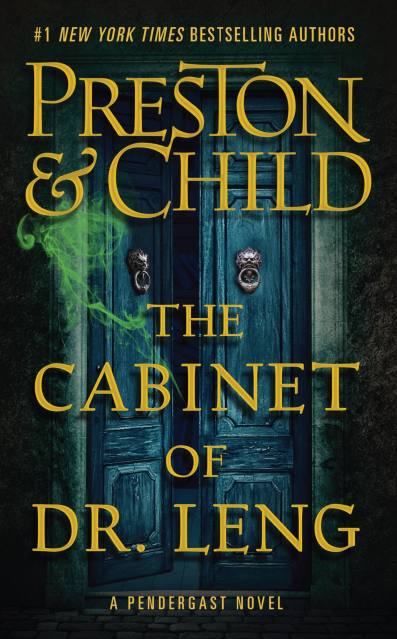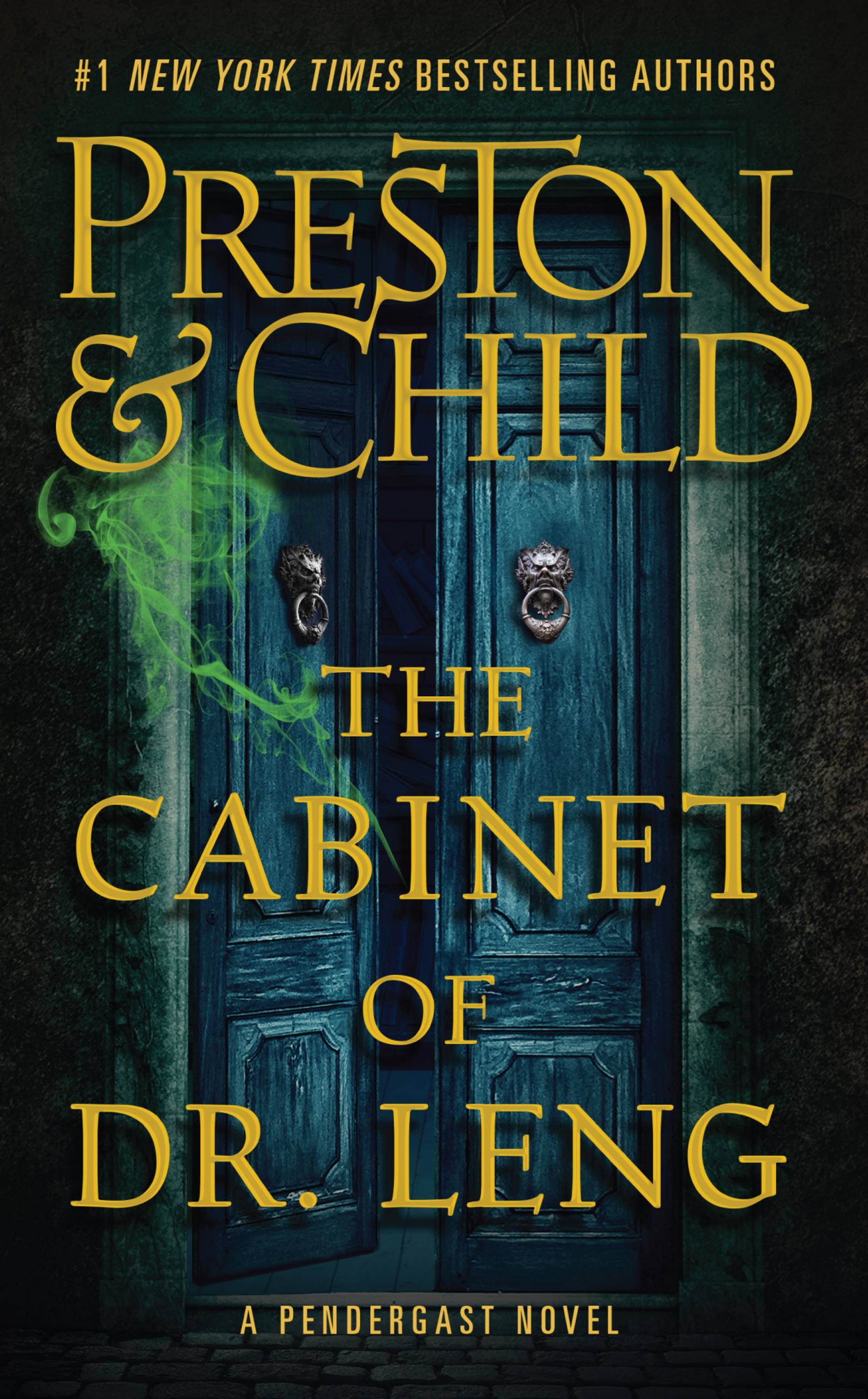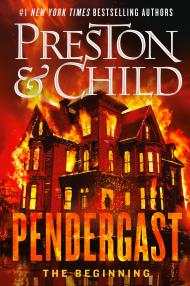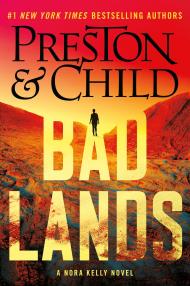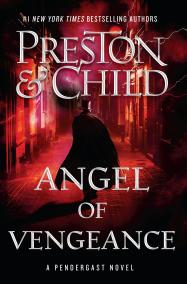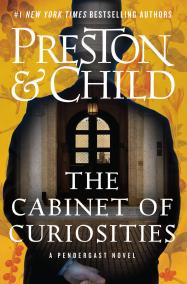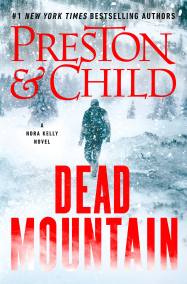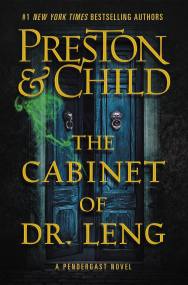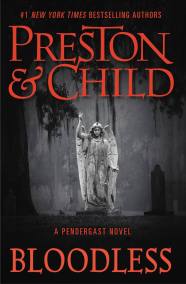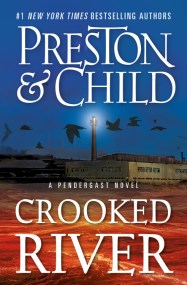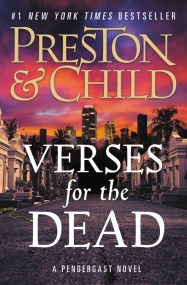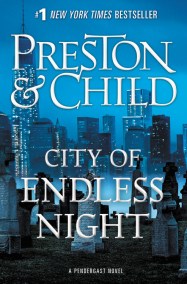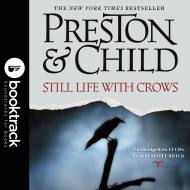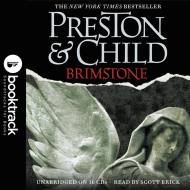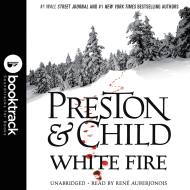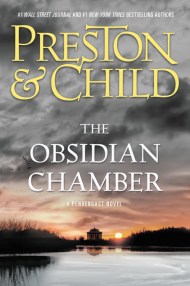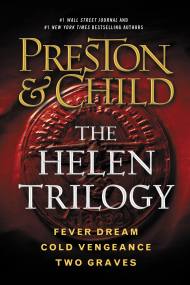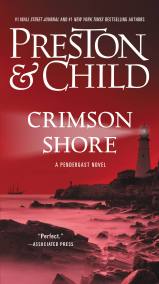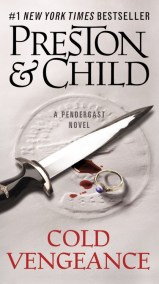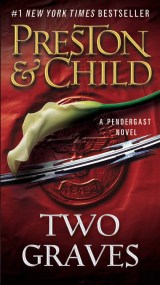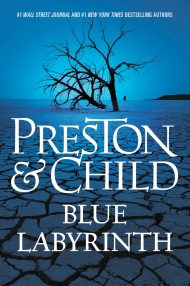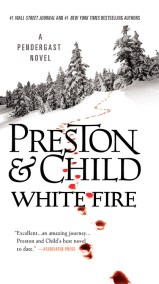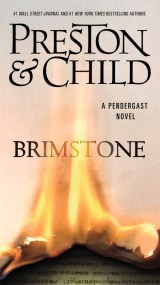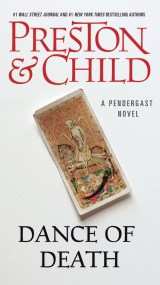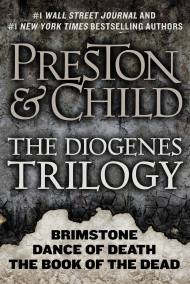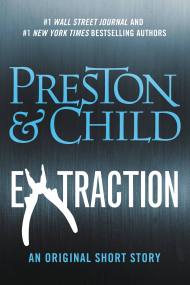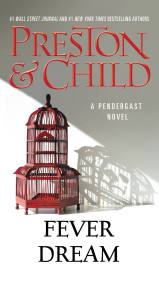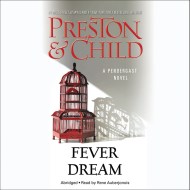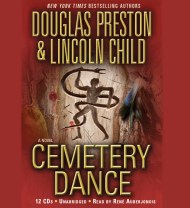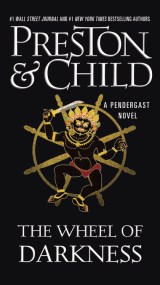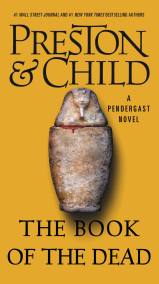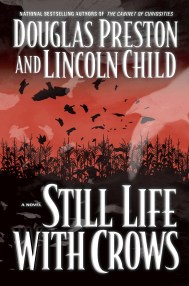By clicking “Accept,” you agree to the use of cookies and similar technologies on your device as set forth in our Cookie Policy and our Privacy Policy. Please note that certain cookies are essential for this website to function properly and do not require user consent to be deployed.
The Cabinet of Dr. Leng
Contributors
Formats and Prices
- On Sale
- Jan 17, 2023
- Page Count
- 592 pages
- Publisher
- Grand Central Publishing
- ISBN-13
- 9781538741559
Price
$47.00Price
$60.00 CADFormat
Format:
- Hardcover (Large Print) $47.00 $60.00 CAD
- ebook $9.99 $12.99 CAD
- Hardcover $30.00 $38.00 CAD
- Audiobook Download (Unabridged) $31.99
- Trade Paperback $18.99 $23.99 CAD
- Audiobook CD (Unabridged) $40.00 $50.00 CAD
This item is a preorder. Your payment method will be charged immediately, and the product is expected to ship on or around January 17, 2023. This date is subject to change due to shipping delays beyond our control.
Buy from Other Retailers:
AN INCREDIBLE JOURNEY
Astoundingly, Constance has found a way back to the place of her origins: New York City in the late 1800s. She leaps at the chance to return … although it means leaving the present forever.
A DESPERATE OPPORTUNITY
Constance sets off on a quest to prevent the events that lead to the deaths of her sister and brother. But along the road to redemption, Manhattan’s most infamous serial killer, Dr. Enoch Leng, lies in wait, ready to strike at the slightest provocation.
UNIMAGINABLE ODDS
Meanwhile, in contemporary New York, Pendergast feverishly searches for a way to reunite with Constance—but will he discover a way back to her before it’s too late?
Series:
-
“This book is a lot of fun. The writing is crisp and lightly ornate, as usual, and the story is inventive and suspenseful."Booklist
-
"An engaging adventure . . . entertaining, with a plot that twisted in unexpected ways . . . These are seasoned writers who know how to weave a good story and leave you wanting more."The Mystery Site
-
PRAISE FOR BLOODLESSKirkus
"Leave it to the imaginations of Preston and Child... Spooky and surreal [and] wonderful fun." -
"BLOODLESS is their 20th novel featuring one of the most unique protagonists in all of thriller fiction, Agent Aloysius Pendergast, and may rank as one of the finest books they have ever penned together.... BLOODLESS is a pure pleasure to read and is like candy to thriller fans --- candy from which readers will drain every ounce of flavor in pure delight."BookReporter
-
“Bloodless is rife with inventive scenarios, amusing exchanges (especially between oft-impatient Coldmoon and eternally placid Pendergast) and tantalizingly spooky mysteries, topped off with a gloriously wild finale that is as action-packed as it is memorable.”BookPage (Starred Review)
-
PRAISE FOR CROOKED RIVER "Exciting. Nail-biting. Quality storytelling."Publishers Weekly
-
"Preston and Child know how to craft compelling stories that are both baffling and surprising. The cast of characters feels authentic and moves the story forward in unexpected ways. . . the authors are masters of the procedural with a gothic flair."Associated Press
Newsletter Signup
By clicking ‘Sign Up,’ I acknowledge that I have read and agree to Hachette Book Group’s Privacy Policy and Terms of Use
